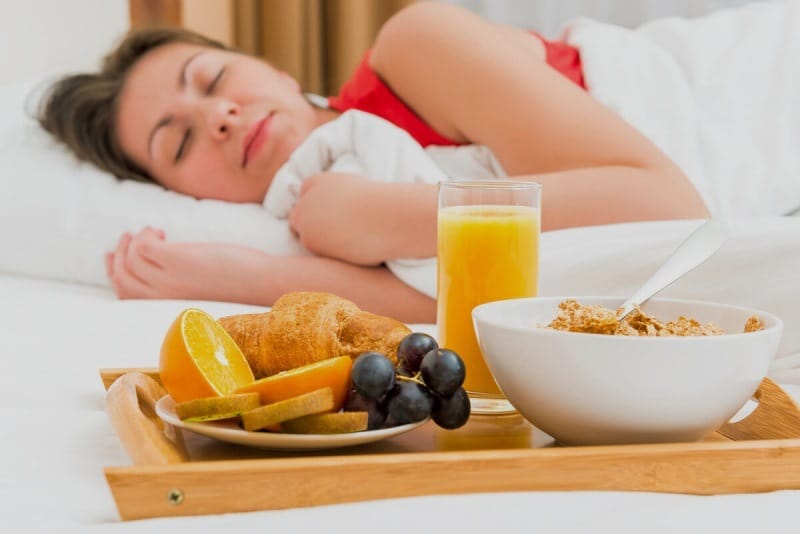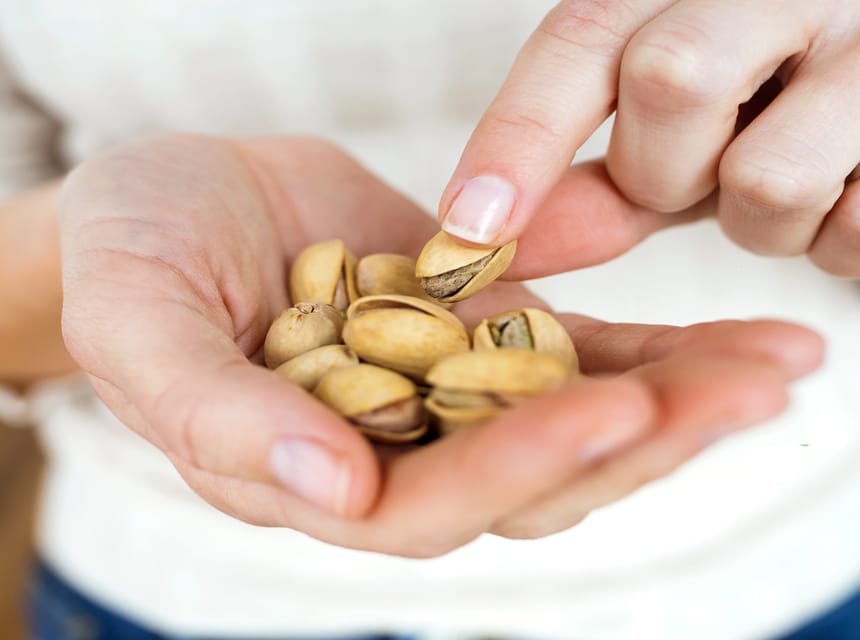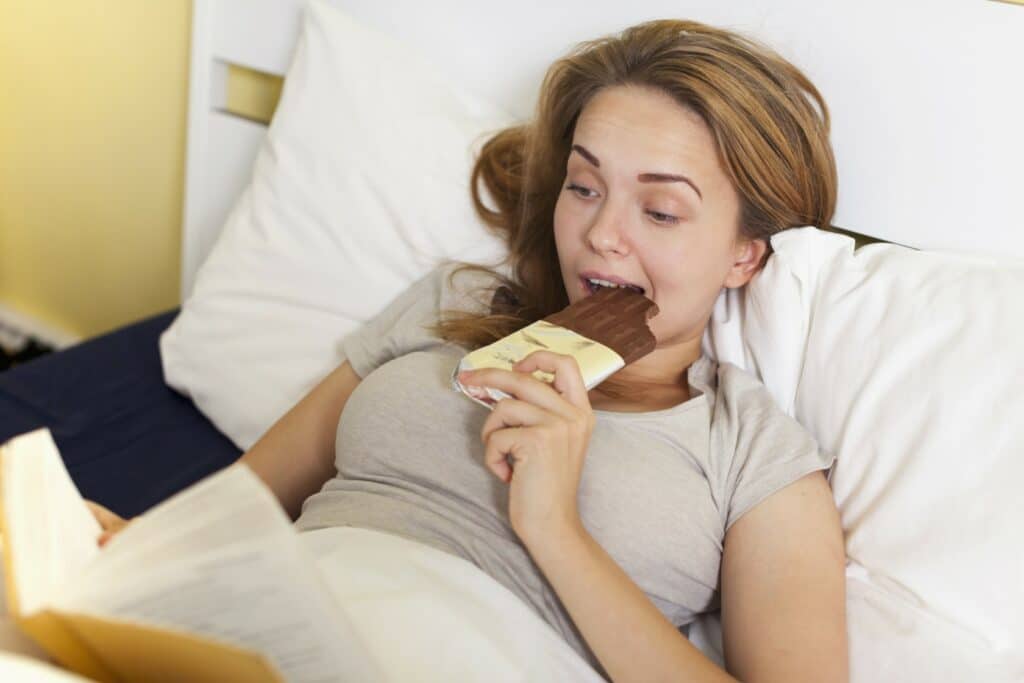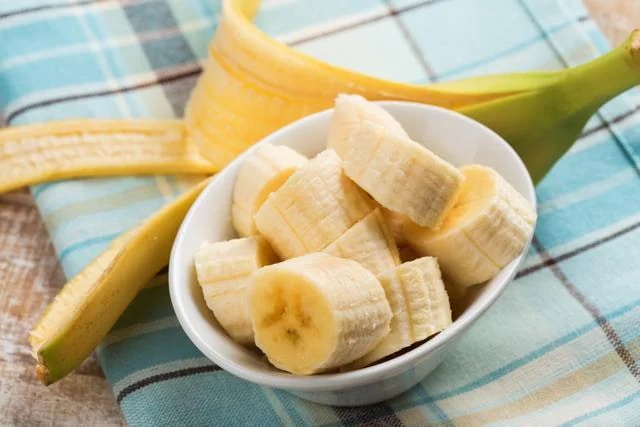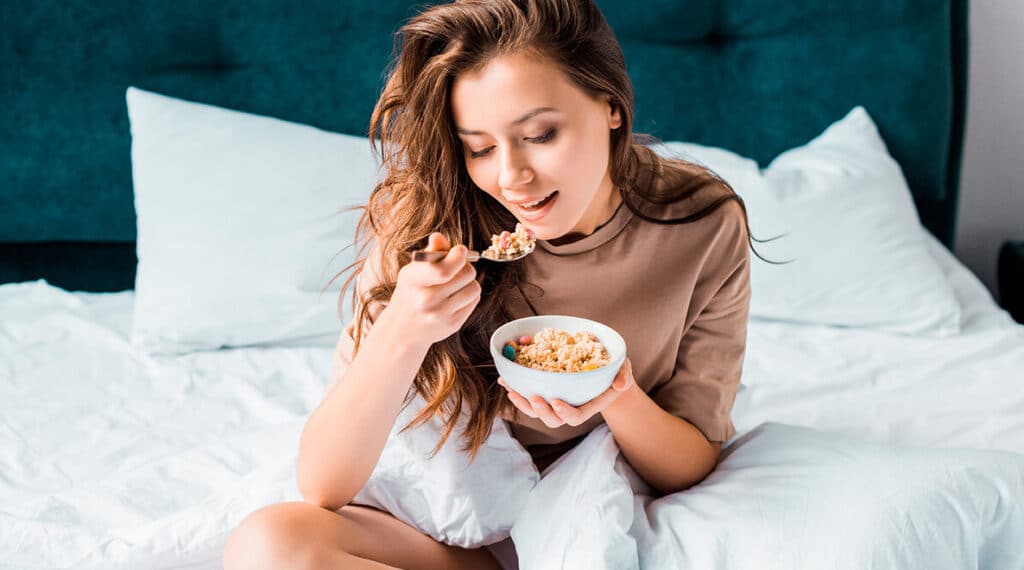

The human body recharges itself during sleep by rejuvenating cells and de-stressing the body. This is why a good night’s sleep is necessary for daily functioning and productivity. However, just the right amount of sleep is not enough to have you active in the morning. You need the right kind of sleep to be healthy, therefore the quality of sleep has a considerable impact on your overall health, emotions, and daily routine. It is not uncommon for people to turn to alcohol to help them relax because alcohol has certain sedative effects that induce sleep. But do we know whether alcohol-induced sleep is good or bad?
There is considerable research done on the relationship between alcohol and sleep. The effects of alcohol are quick to wear off through metabolism, soon after you doze off. Studies Trusted Source Sleep, Sleepiness, and Alcohol Use pubs.niaaa.nih.gov show that excessive or even moderate consumption of alcohol can be extremely harmful to the body and results in poor sleep quality, often leading to common sleep disorders, thereby adversely impacting the consumer’s overall health as well. Let’s consider how alcohol consumption before bed affects your sleep in more detail.
Alcohol has the tendency to alter several bodily functions, such as depressing the central nervous system, which is the main cause of instant drowsiness after having a drink or two. Doctors claim that alcohol is a seemingly good inducer of sleep; however, its quick work to aid you to fall asleep is quite quick to wear off as well. In reality, alcohol-induced sleep is much more, restless, disruptive, and short-lived. It is important to understand the chemistry of alcohol to realize how it acts as a sedative but leads to sleep disturbances and wakefulness in the latter half of the sleep cycle.
Alcohol gets absorbed into the bloodstream, leading to all the different physical alterations, however as the liver enzymes metabolize it, the alcohol levels in the body fall, causing sleep disturbances. One such change is the rebound effect Trusted Source Sleep, Sleepiness, and Alcohol Use pubs.niaaa.nih.gov of alcohol. Studies Trusted Source Sleep, Sleepiness, and Alcohol Use www.ncbi.nlm.nih.gov reflect that alcohol can lower your body temperature; however, this only lasts for some hours and as the body temperature rises again, sleep is disrupted. This is because of the sudden change of body temperature and the opposite effect of alcohol-induced changes.
Another common effect of alcohol is the disruption of melatonin production. Melatonin, also called the sleep hormone, is responsible for the natural onset of sleep, and it is released at nighttime. When the release of melatonin is interrupted by alcohol, the consumer experiences unusual wakefulness in the middle of the night as the alcohol-induced laziness wears off.
People with insomnia and other sleep disorders take melatonin to help them fall asleep. The Natural Sleep Aid for Adults – Liquid Melatonin is a well-reviewed option you can consider. These physical changes brought on by alcohol explain why it makes you fall asleep but leads to fragmented sleep.
The relationship between alcohol consumption and sleep is a complicated one. People often assume that because they pass out soon after having a nightcap, that alcohol is good for sleep. It is, however, quite the opposite. The natural depressing effects of alcohol do help you fall asleep faster. While this may be true, the quality of alcohol-induced sleep is a completely different story.
The changes caused by alcohol that help you sleep are slowly reversed during the night, as your body rids itself of the alcohol in your system, causing you to wake up in the second half of the night. These sleep interruptions are explained to be the result of hormonal imbalances and changes during the night. Alcohol promotes the release of adenosine, a sleep-inducing hormone, which subsides as the liver metabolizes the alcohol in your system. The halt of adenosine production as the alcohol levels in your body decrease cause you to wake up.
Moreover, experts link the consumption of alcohol before bed to slow-wave sleep patterns, whereby the sleeper stays in a condition of mild wakefulness, causing the sleep quality to deteriorate. Research also reveals that alcohol interferes with REM sleep, leading to a restless and uncomfortable sleep that leaves you exhausted and irritable. These reasons combine to affect sleep quality, leading to fragmented and restless sleep.
In order to understand why alcohol-induced sleep is interrupted in the latter half of the night, you need to understand the different stages of a regular sleep cycle. These include three non-REM and one REM sleep stages. REM stands for rapid eye movement, which is usually the stage where you experience the deepest sleep. Let’s consider each stage in a little more detail. Remember that stages 1 to 3 are non-REM stages.
The sleep cycle is not immune to the impacts of alcohol and the changes it produces in the body. Alcohol increases the duration of non-REM sleep stages, especially the third stage when slow-wave sleep occurs. These effects are not accounted for by the amount of alcohol consumption, but simply by the presence of alcohol in the bloodstream. However, the amount of alcohol consumed does impact the overall amount of non-REM sleep, indicating a trend of increased non-REM sleep duration. This causes the REM sleep period to decrease.
Even though moderate and light drinking doesn’t impact REM sleep during the first part of the night, heavy drinking can cause the REM sleep period to decrease considerably. However, both moderate and heavy drinking reduces the amount of REM sleep in the duration of the whole night, as opposed to light drinking that does not impact REM sleep duration. Therefore, it is agreed upon that the amount of alcohol consumption directly impacts the amount of REM sleep.
As discussed earlier, REM sleep is extremely important for the restoration of the body and rejuvenation of cells. Shortened REM sleep can cause several health complications, including sleep disorders.
Sleep Apnea is a sleep disorder that results in erratic breathing during sleep, which causes sleep disruptions several times during the night. Sleep apnea is more common than people think and the most common kind is obstructive sleep apnea. This is caused by a relaxed soft palate that narrows the airways, which consequently interrupts breathing. This condition is extremely harmful for the overall health of the sufferer, since it reduces the quality of sleep.
Sleep apnea is a side effect of drinking because alcohol consumption causes throat muscles to relax. This results in abnormal breathing, with several interruptions. A common symptom of sleep apnea is loud snoring, which is probably why heavy drinkers experience disruptive snoring throughout the night. Since alcohol also reduces brain activity by depressing the central nervous system, it reduces drinkers’ ability to detect the breathing disruption and lack of oxygen in their body, and waking up, as regular sleep apnea patients do. This can be an especially dangerous side effect because it can lead to longer breathing pauses.
People who already suffer from sleep apnea experience an exacerbation in their symptoms after drinking, with more frequent episodes of disruptive breathing and snoring. This is not only true for only those who already suffer from sleep apnea.
Even those who do not have it can develop sleep apnea by drinking before bed, and studies reveal that drinking at night increases the risk of sleep apnea by a whopping 25%.
Sleep deprivation is often caused by a common sleep disorder called insomnia. Insomnia directly translates into ‘without sleep’ which may mean difficulty in falling or staying asleep, premature wakefulness, and the inability to fall back asleep. This results in restlessness, daytime drowsiness, low productivity, and even nausea, disrupting daily functioning.
Alcohol has the tendency to cause insomnia by constantly interfering with the sleep cycle. As mentioned above, alcohol consumption can lead to a considerable decrease in REM sleep, causing drinkers to wake up during the night. This can be directly connected to insomnia. When alcohol consumption is left unchecked, sleep disruptions and REM sleep loss can become common nightly happenings, leading to an unhealthy cycle of restless sleep. Relying on alcohol for sleep can be an extremely unhealthy form of self-medication, whereby people confuse the sleep stimulating effects of alcohol with ‘helping them sleep better’. Frequent drinkers often experience quick but short and restless sleep, which they then combat during the day by consuming heavy doses of caffeine. Making the habit of alcohol consumption before bed can also offset the sleep-inducing effects of it as the body becomes tolerant, eventually failing the consumption of alcohol in inducing sleep as well. Studies reflect a strong correlation between insomnia and alcohol abuse, with a range of 36% to 67% of people with an alcohol dependency, who experience insomnia.
If you suffer from insomnia, there are better ways to treat it than turning to alcohol. Insomniacs often find it useful to consume soothing herbal teas before bed. These Organic Chamomile Tea Bags are an excellent option that you can consider. This tea helps you relax, which makes it easier to fall asleep.
Alcohol does not only lead to a greater risk of dependency in people with sleep disorders like insomnia and sleep apnea but also has consequences for healthy people. Have you ever felt lethargic, irritable, and low the day after a night of heavy drinking? Research shows that the performance and attentiveness of people considerably fall after consuming a lot of alcohol and this lethargy lasts even after the alcohol has left your system. A study conducted on the effects of alcohol revealed that participants scored surprisingly low on performance and divided-attention tasks after an episode of heavy drinking. This shows that alcohol-induced sleep results in not only poor sleep quality during the night but continues well into the next day in the form of low productivity, attentiveness, and overall functioning. This may not seem like a highly concerning matter if it happens rarely, however regular drinking can lead to dependence on alcohol.
Fixing the restlessness from the previous night by a new round of drinks can become a vicious cycle. Alcoholism, which is a very common mental and physical health issue, disrupts daily life activity and results in a seriously dysfunctional lifestyle.
Alcohol consumption is a highly researched topic and studies reveal that even small doses of alcohol daily, combined with the lack of quality sleep can cause a lack of attentiveness, reduced decision-making ability, impaired motor functioning, and unusual episodes of drowsiness, which are all common contributing factors to road accidents.
In order to avoid these mishaps, you must always be careful to monitor your sleep. Eating healthy and working out may not be enough to achieve a healthy lifestyle because poor sleep quality has emotional, as well as physical consequences. You can keep a check on your sleep by getting a sleep tracker.
It is a common misconception that just because you pass out soon after a night of drinking that alcohol helps you sleep better. Alcohol is a CNS depressant, so it slows down and relaxes the body enough to onset sleep, but the long-term effects of alcohol on sleep and health are anything but good. Alcohol has a short-lived effect on inducing sleep, as it causes disruptions in the second half of the night, resulting in restless and fragmented sleep. Alcohol can sometimes be the root cause of sleep disorders and often a consequence of them, as people with sleep deprivation find it helpful to fall asleep after a drink or two. To avoid serious health issues and the risk of disorders like insomnia and alcoholism, it is important to limit the consumption of alcohol, especially at night.
There are better ways to invite sleep. When you create a soothing environment that relaxes you, your sleep tends to be more restful and long. You can try white noise therapy, which is an excellent stimulant of sleep as it lulls you into drowsiness. You can get some amazing white noise machines at excellent rates, to improve your sleep quality. Another way to make the environment more soothing is by limiting the lighting in the room. You can get a comfortable sleep mask that blocks out light and helps you sleep better!
